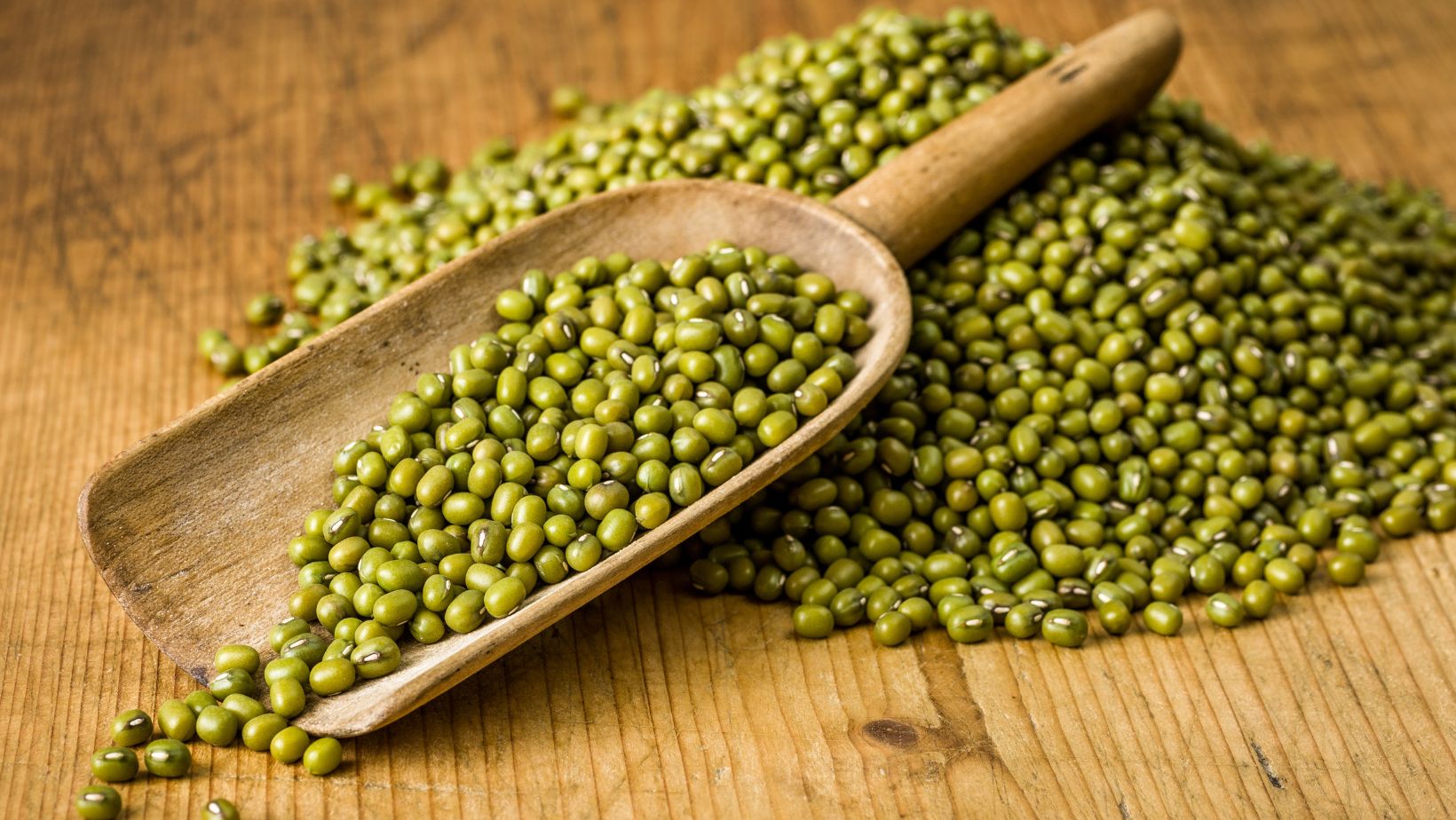
Are green beans good for keto? As an expert on the ketogenic diet, I’ll provide you with some insights. Green beans are a popular vegetable known for their vibrant color and crisp texture. Many people wonder if they can be included in a keto-friendly meal plan.
The answer is yes, green beans can be enjoyed on a keto diet. They are low in carbohydrates and rich in fiber, making them a suitable choice for those following this low-carb eating approach. A cup of cooked green beans contains about 6 grams of net carbs, which is relatively low compared to other starchy vegetables.
Including green beans in your keto meals can add variety and nutrients to your diet. They are packed with vitamins A and C, as well as minerals like potassium and magnesium. Additionally, the fiber content in green beans promotes healthy digestion and helps keep you feeling full for longer.
What is the Keto Diet?
Let’s dive into the basics of the Keto Diet and understand what it’s all about. The Keto Diet, short for ketogenic diet, is a low-carb, high-fat eating plan that has gained popularity in recent years. Its main goal is to shift your body into a state of ketosis, where it primarily burns fat for energy instead of carbohydrates.
To achieve ketosis, you need to drastically reduce your carb intake and increase your fat consumption. Typically, this means consuming around 70-75% of your daily calories from fats, with only 5-10% coming from carbs. The remaining 15-20% should come from protein sources.
The idea behind the Keto Diet is that by limiting carbs and increasing fats, you force your body to rely on stored fat as its primary fuel source. This can lead to weight loss and other potential health benefits. Additionally, when in ketosis, many people experience reduced hunger levels and increased mental clarity.
It’s important to note that the Keto Diet may not be suitable for everyone. If you have certain medical conditions or are taking specific medications, it’s crucial to consult with a healthcare professional before embarking on this dietary approach.
Benefits of the Keto Diet
When it comes to the keto diet, there are several benefits that make it a popular choice for those looking to improve their health and achieve their weight loss goals. Let’s explore some of these benefits:
- Weight Loss: One of the primary reasons people turn to the keto diet is its effectiveness in promoting weight loss. By significantly reducing carbohydrate intake and increasing fat consumption, the body enters a state called ketosis. In this metabolic state, the body switches from using glucose as its main fuel source to burning stored fat for energy. This can lead to successful and sustainable weight loss.
- Increased Energy Levels: Many individuals on the keto diet report experiencing increased energy levels throughout the day. This can be attributed to stabilized blood sugar levels, as the diet minimizes spikes and crashes associated with high-carbohydrate meals. The steady supply of energy from fats keeps you feeling more energized and focused.
- Improved Mental Clarity: Another advantage often cited by those following a ketogenic lifestyle is improved mental clarity and focus. By utilizing ketones as an alternative fuel source, your brain receives a steady supply of energy that supports enhanced cognitive function.
- Reduced Cravings: The high-fat nature of the keto diet helps curb cravings and reduce hunger pangs, making it easier to stick to your dietary plan without feeling deprived or constantly battling food temptations.
- Better Blood Sugar Control: The keto diet has shown promise in improving insulin sensitivity and blood sugar control, which can be beneficial for individuals with type 2 diabetes or prediabetes.
- Potential Health Benefits: Research suggests that following a well-formulated ketogenic diet may have potential health benefits beyond weight loss alone, including reduced inflammation markers, improved heart health markers (such as cholesterol levels), increased HDL (good) cholesterol, decreased triglyceride levels, and better management of certain neurological conditions like epilepsy.
It’s important to note that the keto diet may not be suitable for everyone, and it’s always best to consult with a healthcare professional before making any significant changes to your diet. Additionally, individual results may vary, and adherence to the diet is key for achieving desired outcomes.

